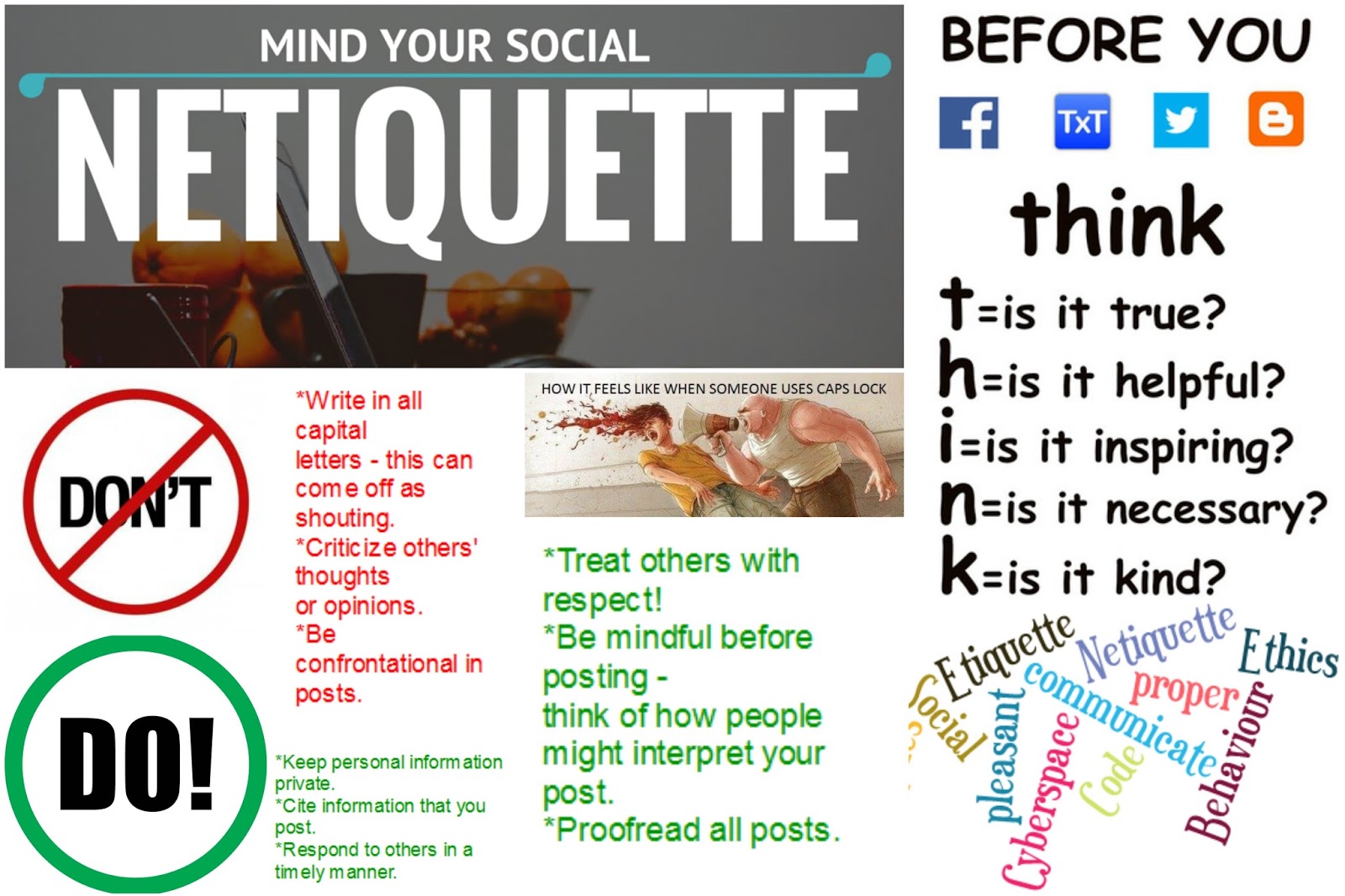What are the 7 rules of flag etiquette
Do you want to stand out as exceptional in school? Did you know that you need more than just good grades to build a positive reputation among your faculty https://vege-chandra.info/? A truly professional demeanor will give you access to a competitive edge, yet there are many unwritten expectations that—if you are not aware of them—can jeopardize your reputation. The Unwritten Rules of Professional Etiquette gives you an honest account of the ways faculty silently judge students without pulling any punches. With this straightforward advice you can sidestep the hidden graduate school pitfalls and emerge at the top of your class. Covering topics such as excelling in interviews, responding to constructive feedback, and dealing with difficult faculty, this compendium is an essential resource for navigating the complex world of academic relationships. While this is an indispensable handbook for graduate students, undergrads practicing this advice will be truly outstanding.
Because it is difficult to define professionalism in an exhaustive way for every situation, some programs may not have venues for teaching it directly. Does your program give you a course in professional development? Are you referred to any books on the topic? Do you have structured mentoring in professionalism? Most of the time, your training in professionalism happens informally through your ongoing interactions with faculty who are willing to guide you through these unwritten rules. Each email reply, comment, and directive that you get from faculty are mini-lessons for the way to go about things as a professional.
Even more complicated, the application of professionalism to specific situations varies not only by profession but also by context. For example, the particular expectations of a lawyer may be different from those of a teacher, and what may work in a hospital might not work in a business office. In both cases, the would-be professional will have to make a judgment based on the best available options. The fact that professionalism requires judgment necessarily means that there is no single right way to be professional in every situation. That is why you need to develop a mindset that maintains focus on your professional responsibilities.
The rules of etiquette in internet communications and postings are called
According to Avigail Lev, PsyD, the Founder and Director of the Bay Area CBT Center, good online etiquette is important for many reasons. “It promotes positive online interactions and helps maintain a respectful and safe digital environment,” she explains.
The same respect for privacy applies when uploading photos or videos online that include other people, whether in a public space or on your private social media page. Remember that if you tag people on Facebook, others can access these photos unless the people in them have adjusted their privacy settings.
The rules of etiquette are just as important in the digital world as they are in the real world—and poor netiquette (also known as online etiquette or Internet etiquette) can stick around to haunt you for much longer.
When communicating electronically, whether through email, instant message, discussion post, text, or some other method, practice the Golden Rule: Do unto others as you would have others do unto you. Remember, your written words are read by real people, all deserving of respectful communication. Before you press “send” or “submit,” ask yourself, “Would I be okay with this if someone else had written it?”
By Elizabeth Hartney, BSc, MSc, MA, PhD Elizabeth Hartney, BSc, MSc, MA, PhD is a psychologist, professor, and Director of the Centre for Health Leadership and Research at Royal Roads University, Canada.

5 rules of golf etiquette
When approaching the putting green, respect the golfer’s space and step to the side if you need to observe their line. Similarly, standing behind the hole is also distracting, so avoid that position. Instead, stand behind other golfers or far enough away that you won’t be in anyone’s direct line of sight.
This will drive serious golfers nuts. Don’t use the course as a driving range. So you hit a bad shot. As long as it’s findable or not out of bounds, don’t hit another one. It slows everybody down, and there’s nothing worse than having to look for two balls from one player when it’s totally unnecessary.
Let’s look at the unwritten rules of golf for distractions. On the first tee and throughout the game, don’t talk when another player addresses the ball. Smartphones should be on silent or left in the changing room.
Keeping things moving is a common theme to good golf etiquette, so here are some more guidelines: Don’t take excessive practice swings. One or two should be plenty. And be ready to hit or putt when it’s your turn. Try to gather as much information as you can while other players are hitting their shots, i.e., yardages, how a putt breaks, wind, etc.
